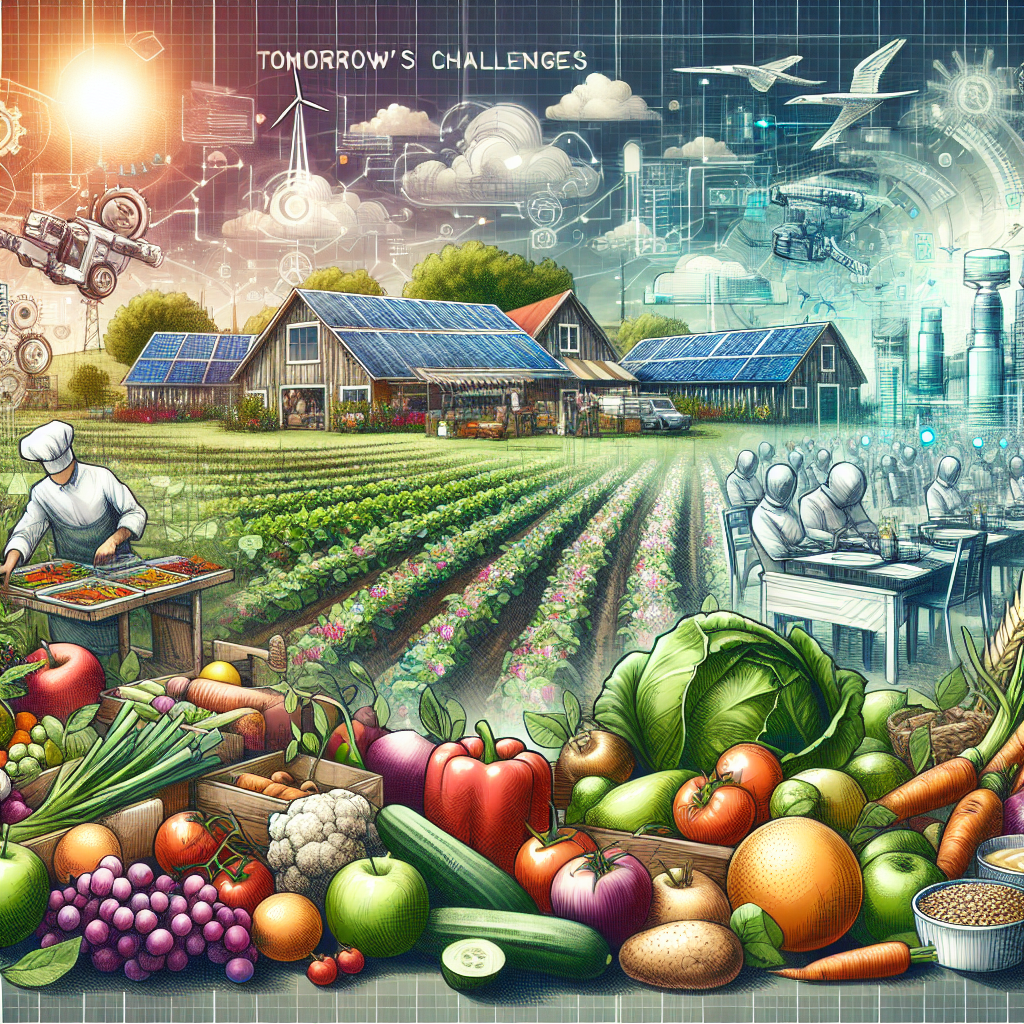Imagine a world where you know exactly where your food comes from – a reality that the expanding farm-to-table movement strives to realize. Yet, as it burgeons with newfound zeal among consumers and producers alike, concerns about tomorrow’s challenges grow in tandem.
Health Issue Overview
The advent of the industrialized food system brought along a host of health issues such as obesity, diabetes and cardiovascular diseases. The farm-to-table approach emphasizes fresh produce directly supplied from local farms as an antidote to these illnesses borne out of processed foods.
Medical Background
Nutritionists propound that consuming locally grown fruits and vegetables equates to a higher nutrient intake due to reduced transit time. However, problems like contamination during handling or lack of precise nutritional information pose emerging threats.

Patient Stories
Patient ‘A’, suffering from Type II diabetes for years found drastic improvement after switching to farm-fresh produce five months ago. They claim that having transparent knowledge about their meal’s origins empowers them towards making healthier choices.
Patient ‘B’, upon turning vegan adopted the farm-to-table lifestyle but had contracted E.Coli infection presumably due to inadequate washing practices at their supply source.
Treatment Options
Beyond prescription drugs lies dietary modification as one powerful treatment option for many chronic conditions. The solution may lie not just in what we eat but also how it is cultivated and delivered – bringing attention back onto farmers’ markets and cooperative agriculture.
Healthcare System
The healthcare system has a pertinent role in supporting this movement. Health insurance companies can weigh in, providing discounts to policyholders shopping at local farms, incentivizing healthier lifestyles. Similarly, integrating nutrition education on the farm-to-table approach into preventative care could go a long way.
Research Developments
New studies explore how fresh produce affects individuals biochemically compared to their canned or frozen counterparts – potential game changers that could further solidify the health benefits of locally sourced food.

Prevention Strategies
‘Nip it in the bud’ applies aptly here. Schools incorporating ‘garden to cafeteria’ programs signify proactive measures where children learn about and engage with what they consume, fostering healthy habits from an early age.
Support Resources
Culinary workshops promoting local food utilization and classes teaching safe handling practices are cropping up across communities. Ambulatory clinics have also begun distributing leaflets on farm-to-table benefits and hygiene precautions for public guidance.
Future Outlook
The battle isn’t over yet! As we brace ourselves for the challenges of making wholesome food accessible for all, we mustn’t forget about maintaining its safety standards – portrayed significantly by recent outbreaks linked to raw vegetables and undercooked meats served at popular organic restaurants.

